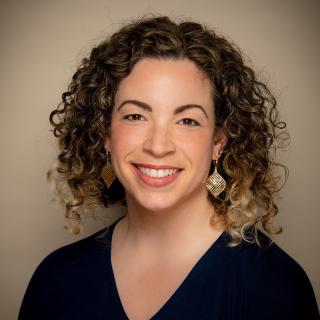 Ask any parent what issues they care about most, and they might not say "charter schools" right off the bat.
Ask any parent what issues they care about most, and they might not say "charter schools" right off the bat.
But they will say education. And at the heart of the many policy issues around education -- some of them, like charter schools, extremely controversial -- is a common desire among parents to provide the best education possible to their children. We all want our kids to learn as much as they can, to develop not only the skills necessary to succeed in the world but also something harder to quantify, test for or measure: A love of learning. An insatiable curiosity about the world, its people and its workings. A sense of security and belonging.
Ownership.
What is the best way to ensure our kids are exposed to the best education possible? We know the public school system is not doing its duty right now. Is more parental involvement and investment in neighborhood schools be the answer? Will a boost in education funding encompass most of the falling-behind students and close the gap? Do we need another system to chose from apart from those that exist right now?
Which will work the fastest? Is that the same as working the best? Is it OK to tell some families to wait now so that kids down the road will have a better education?
Which solutions will improve things for only some students, and which solutions will improve the lot of all students? Do we have to choose between those two different approaches? What if what will work the best for students in some areas, like the parts of the state with the lowest-performing schools, is not the approach that will benefit students with slightly less-bad schools?
Is it first-come, first-served? Worst-served, first-helped?
What about the impact of school funding on other issues that affect families, like job creation, debt and social services? What changes across the board will help kids' learning improve?
Should we work with what we have? Should we try something new?
These are the issues many voters are grappling with as they consider, for the fourth time, a charter schools measure in Washington. We might be nearly deafened now by the "VOTE NO, VOTE YES" chorus chanting loudly. Though it's black and white for some, the issue is grayish for many: Unlike other decisions easily (if not wisely) made across ideological lines, education issues and charter schools especially require much deliberation, much soul searching, and a whole lot of guessing (the data we have so far on charter schools in other states just aren't conclusive enough to predict how they would work for all students).
Charter schools have been hotly debated in my house, and we're working toward our answer just in time for the last bell. It has been a rough debate, and sometimes I feel like the more I grasp around for the solution to our education gap, the more perplexed I become.
At the heart of all the impassioned urgings to VOTE NO, VOTE YES is something that gives me comfort, though:
We care so much about our kids. And not just our kids, but about all kids. And that is what we need to continue to mind, because whatever happens with charter schools, the problems we have with education will still be there Nov. 6.
So many schools are not what they should be. So many kids are not learning. So many kids are not reaching their full potential. We have the next generation depending on us, and it is our duty and our privilege to arm them with the knowledge, and the love of learning, they need to carry on this world.




